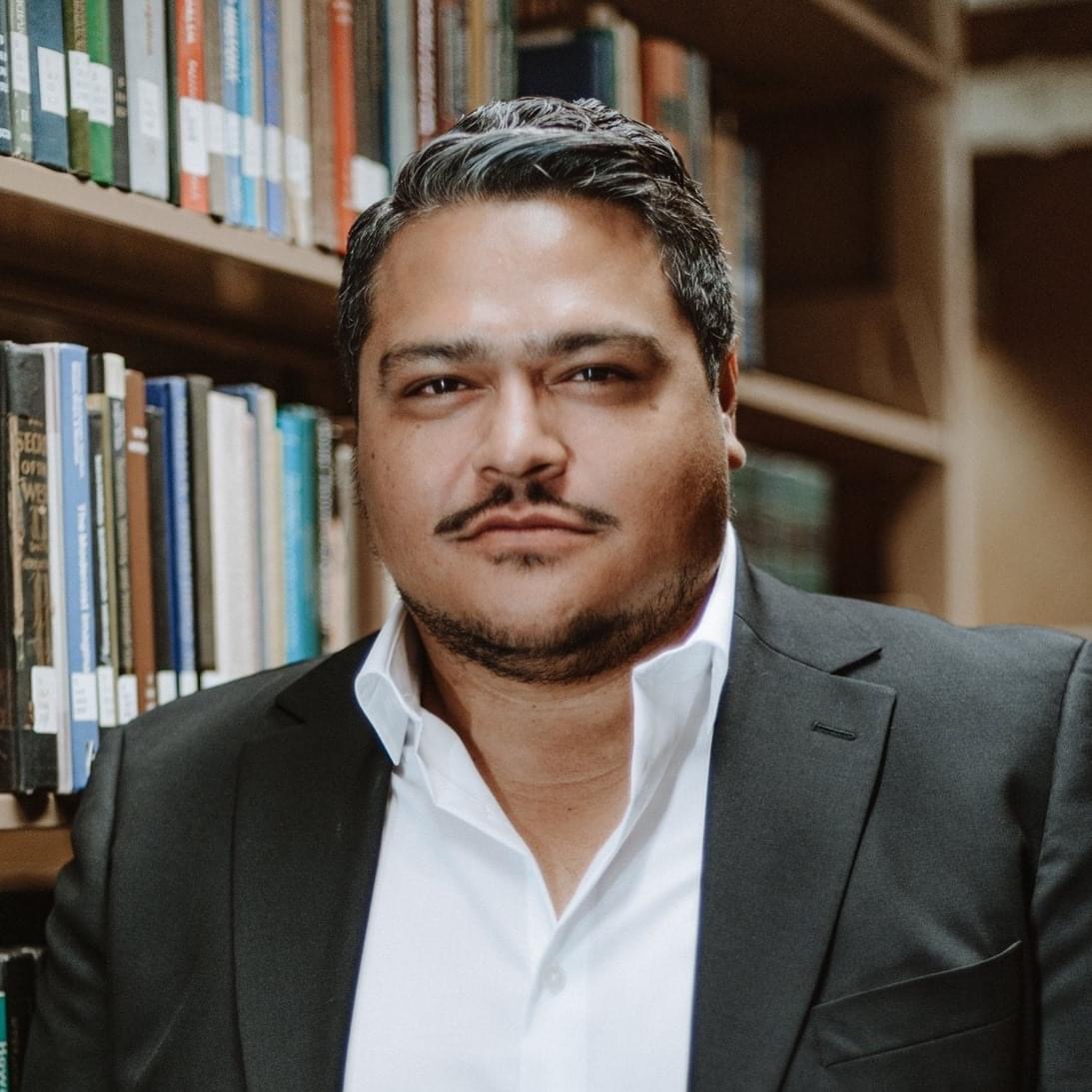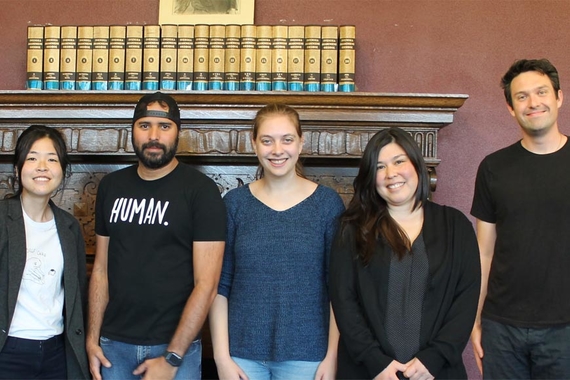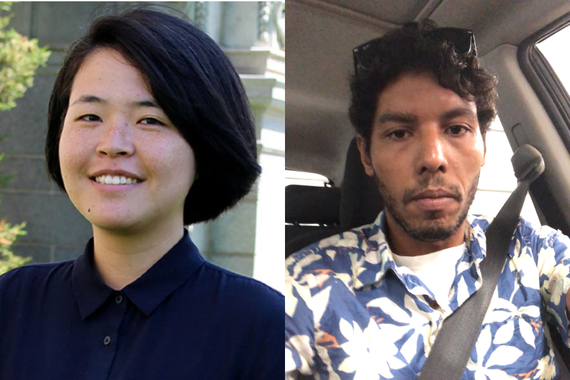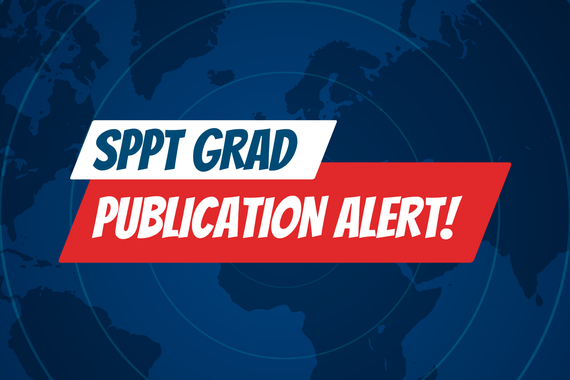Faculty Highlights: The Department of Spanish & Portuguese Studies Welcomes Prof. Osiris Aníbal Gómez

Assistant Professor Osiris Aníbal Gómez joins us from the University of California, Santa Barbara, where he completed his PhD in Hispanic Languages and Literatures in 2020, with an expertise in contemporary Mexican indigenous poetry.
Prof. Gomez first became interested in indigenous literature during his undergraduate studies. His Spanish honors thesis is a study of colonial Nahuatl war poetics (yaocuicatl: war songs). While conducting his research and studying classical Nahuatl, he came in contact with contemporary Nahua poets of central Mexico and decided to change the course of his studies. This way he was introduced to a thriving literary and social movement centered around the revival and resignification of indigenous thought and art practice. All throughout his graduate studies, he attended numerous conferences, many of these organized by leading authors in indigenous languages.
“I’ve been fortunate to witness the rising of new voices from different linguistic communities with no written literary traditions and the creation of literary platforms in official spaces, and I’m honored to work closely with the leading voices in creating strong ties between the Mexican and U.S. academies. These collaborative experiences continue to fuel my commitment to teaching and my research, and also make me feel that my work has meaning and importance beyond academia.”
His doctoral dissertation, “Sinfonías originarias: comunidad, pensamiento y poesía” is a study of contemporary indigenous writers of Mexico from 1970 to 2020. In order to challenge the idea that the indigenous writer is a figure whose literary production is limited to linguistic and cultural resistance, he examines four central facets of the poet in order to bring to light the intellectual and political force of indigenous literature more generally: 1.) The role of the writer in creating a bilingual literary movement within a hegemonic State. 2.) The bi-dimensional and bilingual qualities of the poet-translator that help revitalize indigenous epistemologies. 3.) The writers’ regenerative efforts in helping their communities defend their territories by re-articulating indigenous intellectual production. 4.) The role of national and international migration in the making of a new indigenous aesthetics.
“All in all, my contribution to the field is offering the first study (using indigenous methodologies and perspectives) to examine how contemporary indigenous poets are leading an intellectual movement that humanizes the different realities of indigenous peoples within and outside their communities.”
He is currently working on a book project tentatively titled “Comunalidad y crítica literaria.” In this book his aim is to create a theoretical framework that builds on the concept of comunalidad—a term coined by Mixe anthropologist Floriberto Díaz—as the origin and mechanism of collective identity and indigenous political organization. The book is intended for the specialist and student readers alike, focusing on the functions and uses of the emblematic “we” poetic voice in indigenous poetry. In the near future he is planning to work more extensively with Native American poets and their communities.
“I believe that literary criticism around indigenous literary production could grow stronger if we implement a similar approach (methodologically speaking) used in Comparative Literature Studies to examine Native American and Latin American indigenous literatures. This is why I really look forward to meeting colleagues from the Department of American Indian Studies.”
He has taught courses in Hispanic Literary Studies, Spanish for Heritage Speakers, Chicanx and Native American Poetry, and the Chicano Novel, in the Departments of Spanish, English, and Chicana and Chicano Studies at the University of California, Santa Barbara. This fall, Prof. Gómez will be teaching SPAN 3105W Intro to the Study of Hispanic Cultures and SPAN 3510 Contemporary Mexican Culture.
“I’m very excited about teaching in such an institution known for its work and dedication to human rights and related topics. In a way, my work revolves around how indigenous writers fight for linguistic, cultural, territorial, and intellectual rights. Of course, I look forward to teaching the student community about Mexican culture and literature, and I hope to bring to the classroom all my knowledge of Mexico and teach about the cultural and literary contribution of both illustrious figures and ordinary Mexicans to the world.”
Welcome to the University of Minnesota, Professor Gómez!


